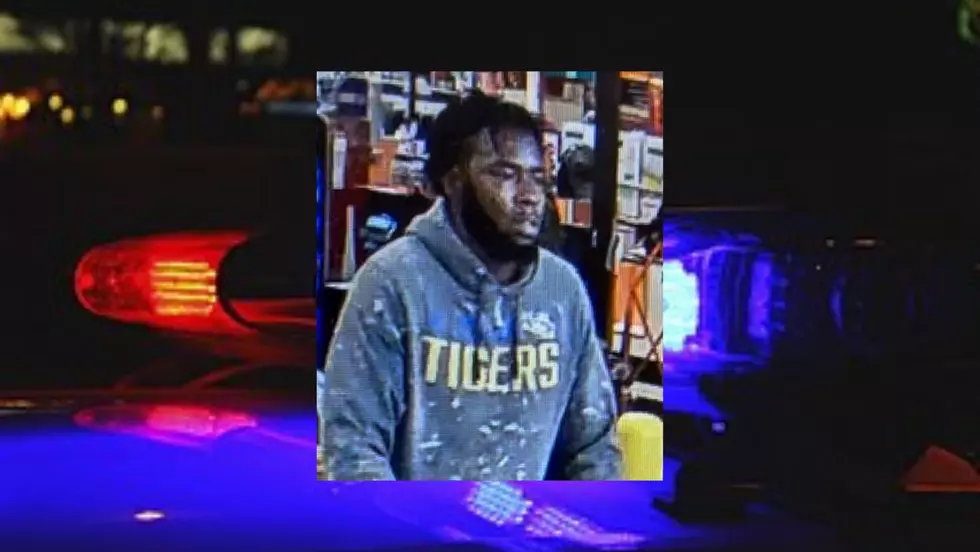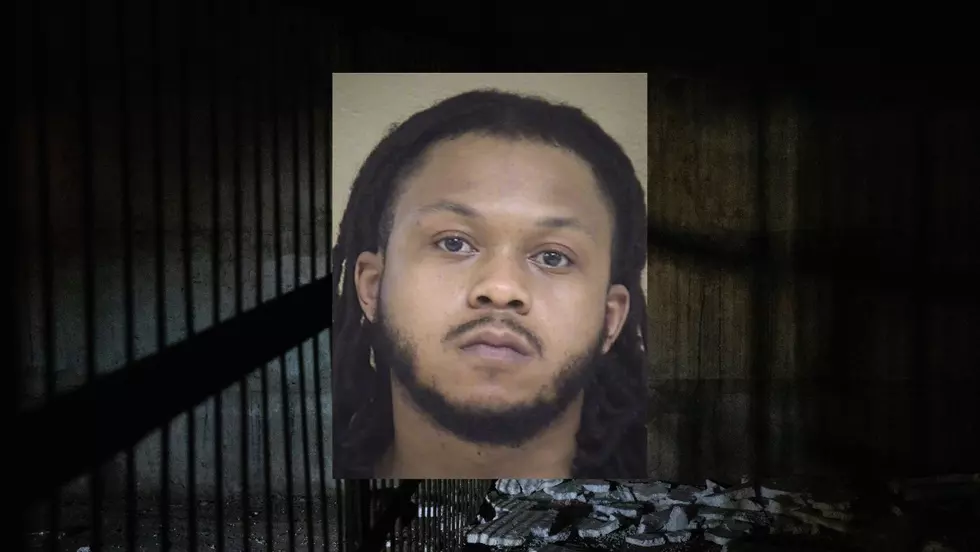
Should Death Row Inmate Be Allowed To Donate Organs
An Oregon death row inmate is mounting an aggressive behind-bars campaign to donate his organs after he’s executed, in part to repay society for the gruesome murders of his wife and three young children.
37 year old Christian Longo says he wants to do more to take responsibility for killing his family and dumping their bodies in coastal bays nearly a decade ago than simply accepting execution by lethal injection.
“Why go out and waste your organs when you have the potential to go out and save six to 12 lives?” reasons Longo, whose voice is measured and articulate on the phone from Oregon State Penitentiary cell DRU31 in Salem. His request to drop his appeals in exchange for being allowed to donate organs has been flatly denied by state corrections officials, who refuse to negotiate with a killer. It’s been denounced in principle as “morally reprehensible” by the nation’s organ donation officials and medical ethicists. “I don’t think we want to be the kind of society that takes organs from prisoners,” said Dr. Paul R. Helft, director of the Charles Warren Fairbanks Center for Medical Ethics and Indiana University. "To do so would be to use unfree prisoners as a means to an end."
Longo’s quest, which boasts its own website and Facebook page and was featured in a recent New York Times op-ed piece, renews questions about whether changing inmate donation policies could help ease the nation’s dire shortage of transplantable organs — or whether it relies on an innately manipulative or vulnerable population of prisoners. “It’s impossible to be sure that a person who is behind bars is making a decision they would make while walking down the street,” says Jeffrey Orlowski, executive director of the Association of Organ Procurement Organizations, the non-profit group that represents the nation’s 58 regional groups. Ironically, a survey of organ transplant centers nationwide reveals that while taking organs from executed inmates is prohibited, accepting organs from inmates who die of other causes while in custody is permitted, although rarely and under strict circumstances.



